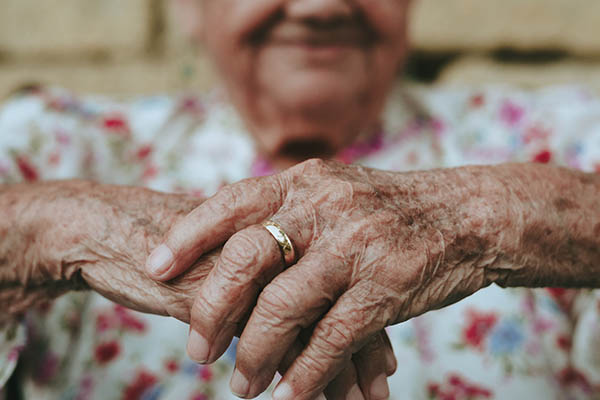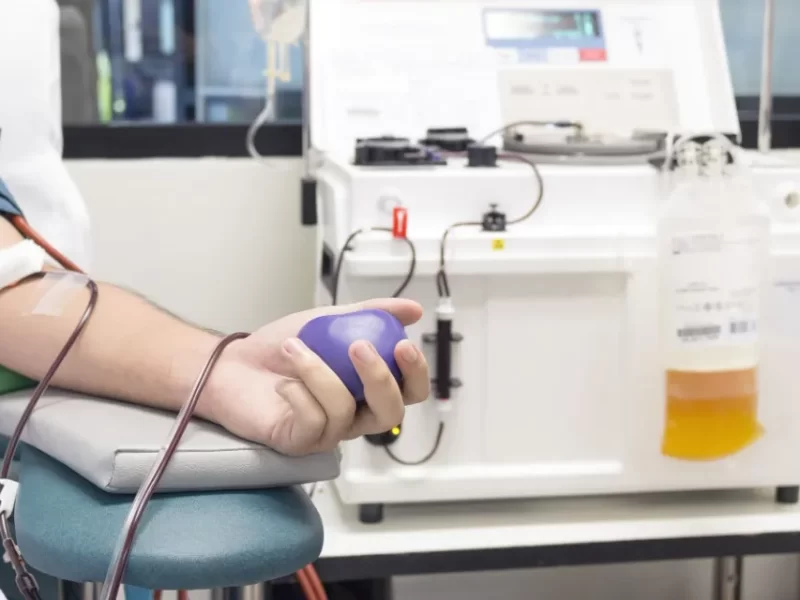If you are presenting care to a cherished one at home, this may additionally sense like a daunting and overwhelming time, mainly if the character or humans you care for are at greater chance all through the Covid-19 outbreak. Depending on your age and fitness conditions, you can also additionally share that risk. The article here offers clear and accurate recommendations about what you can do to guide these in your care.
What Is Covid-19 And How Is It Spread
Covid-19 or ‘corona-virus’ is a new complaint that surfaced in 2019 and causes respiratory infection.
The most common symptoms of Covid-19 are fever, frazzle, and a dry cough. Some people may have pangs and pains, nasal traffic, a watery nose, sore throat or diarrhea. These symptoms are generally mild and begin gradually. A deficit of breath is the main symptom as someone becomes further bad.
Some people come infected but don’t develop any symptoms and do not feel bad yet may be contagious.
About 80% of people recover from Covid-19 without demanding special treatment.
Around one in six people will come more seriously bad and will develop difficulty breathing.
Aged people and those with underpinning health problems like high blood pressure, heart problems, diabetes, or respiratory problems are more likely to come seriously bad with Covid-19 and are more likely to die.
People can catch Covid-19 from others who have the contagion.
The complaint spreads from person to person through small driblets from the nose or mouth. These are spread most when a person with the contagion coughs or sneezes.
How To Treat Elderly With Covid-19 At Home
Keep Yourself Well
First and most importantly, as a caretaker, you should take all the preventives you can to avoid getting infected yourself. Then are the basics:
- Wash your hands constantly with cleaner and water for at least 20 seconds before and after furnishing care, preparing food, using the restroom, or touching shells in public places.
- Avoid crowds, and if you cough or sneeze, do so into the bend of your elbow or into a disposable towel.
- Keep your hands down from your face.
- Clean constantly touched shells in your home frequently, including mobility and medical outfit used by your loved one, similar to trampers, nightsticks, and banisters.
Practice Physical Distancing But Not Social Isolation
One important way to lower the threat of your aged family members catching Covid-19 is to limit in-person visits. But this may be tough for aged grown-ups who cherish time spent with musketeers and family members.
Physical distancing doesn’t have to mean insulation or loneliness. We need to keep aged grown-ups safe, but also keep in mind that social insulation can have a negative impact on aged people’s impunity and internal health.
Seniors should be encouraged to suppose beyond their usual circle of musketeers and family. Saying hello to the correspondence carrier or checking in on neighbors close by can add to a sense of connectedness.
With numerous houses of deification closing their doors until the epidemic eases, zealots, especially aged ones, may feel cut off. Faith communities are frequently a big part of aged grown-ups’ social lives. Caregivers might help their loved ones access online services and outreach for spiritual solace and support.

Technology For Staying Connected
To help aged grown-ups feel involved, purposeful, and less lonely during the epidemic:
- Show them how to videotape sputter with others using smartphones, laptops, or tablets.
- Use apps on these biases to give captions for grown-ups with hail challenges.
- Encourage Musketeers and family outside of your family to telephone, write notes or shoot cards to lift your loved one’s spirits.
Keep Elders Involved
Giving homebound aged grown-ups a design they can work on. suppose about going through and organizing old prints and cairn together, and enjoy the stories and happy recollections they inspire. It can be a good time for an elder to demonstrate cooking a favorite family form or share favorite songs or pictures with other people in the family.
Minimize The Risk Of Covid-19 Infection
- Defer gratuitous doctor visits
Still, consider helping them defer optional procedures, periodic checks, and other unnecessary doctor visits if an aged grown-up in your care is feeling well.
Keep in mind that numerous aged people, especially those living with habitual illness, have important connections with their caregivers. To help them stay in touch, ask their doctors’ services if they offer telemedicine, which enables doctors and cases to communicate over videotape, dispatch or other means rather than face-to-face.
- Avoid trip
Aged grown-ups should put off the unnecessary trips, particularly sails or passages with planners that would expose them to crowds.
Decide On a Plan
Still, involve your aged family member in conversations about how you’ll manage interruptions of routines and what will be if they( or someone different in your family) becomes sick if you can. Talking effects ahead of time as a family can reduce stress and help everyone feel more involved and set.
- Pick an exigency-contact
However, designate someone near whom you could calculate on to watch for your senior family member if you yourself come ill if you’re the main caregiver.
- Stock up
Gather one to three months of specifics, and at least two weeks’ worth of food, untoward remedies, pet inventories, and other rudiments. Find out which delivery services are available in your area.
Symptoms Or Exposure? Call Ahead
Still, fever or briefness of breath, call your family doctor, If you or your loved one learn that you might have been exposed to someone diagnosed with Covid-19 or if anyone in your family develops symptoms similar to cough. Then is what to do when you feel sick.
For a medical exigency similar to severe briefness of breath or high fever, call 911.



